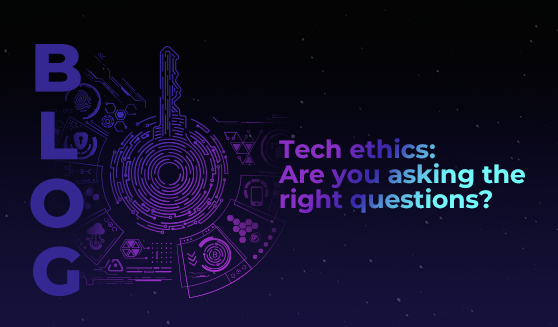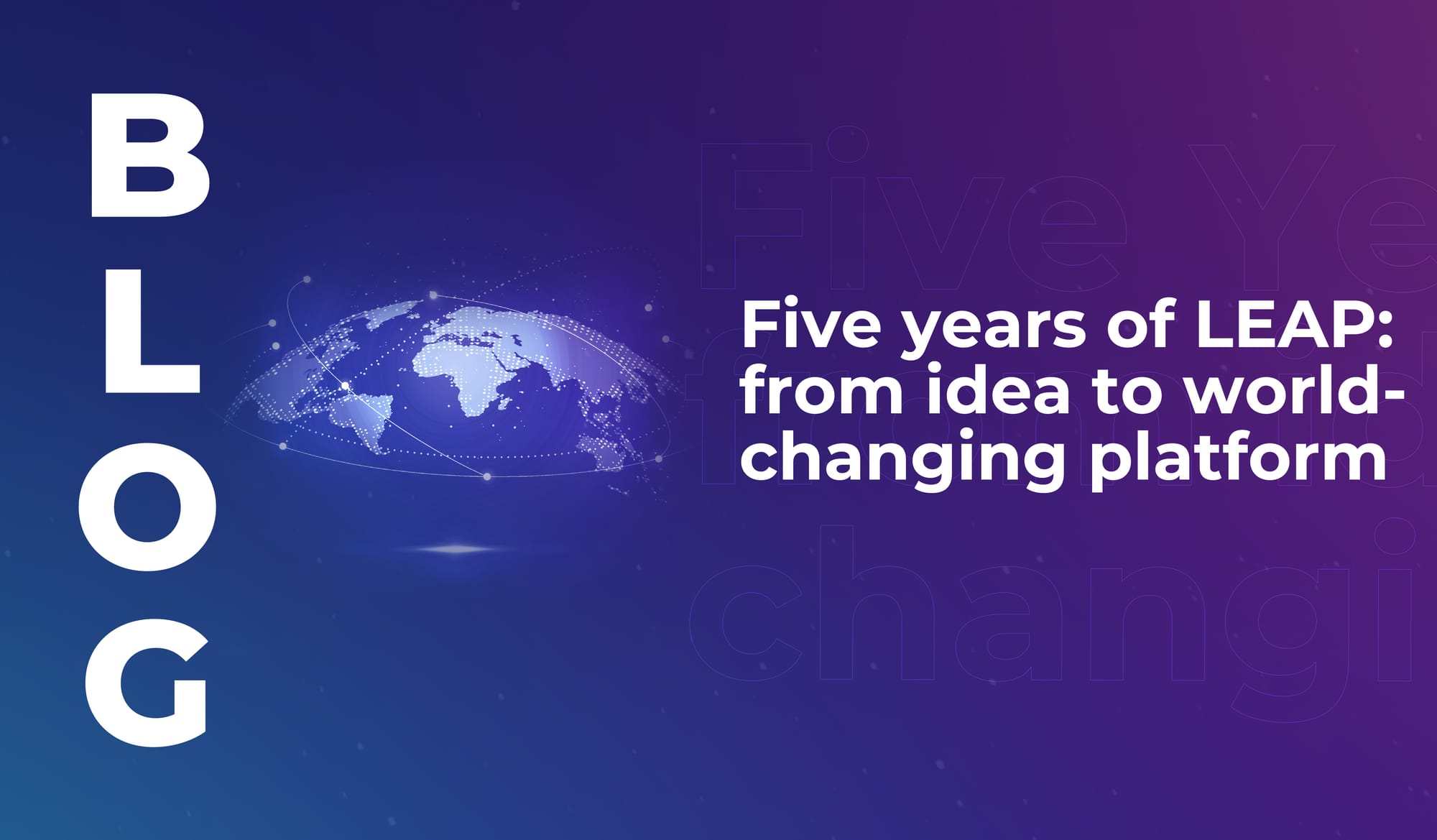
KAFD: A district designed for the future
Learn why King Abdullah Financial District (KAFD) is where capital, culture and connectivity converge in Riyadh – and join us for a LEAP Nights tour.


Over the last two years at LEAP, we’ve had the privilege of meeting activists and thought leaders who are pushing technology towards ethical systems that are good for everyone. They’re asking the difficult questions that open up space for discussion about why tech products are created, who they’re helping (or harming), and how the industry can develop technology that has a truly positive impact.
So let’s look at three key areas of ethical concern for activists and regulatory bodies – and the questions your tech company can ask, to begin building a picture of how you can support the movement towards more ethical technology.
Everyone (including the majority of tech users) understands the critical importance of privacy, as more and more aspects of our lives are mediated by technological experiences and data storage.
Research published in the medical journal Frontiers in Surgery in 2022, for example, looked at the legal and ethical considerations of AI in healthcare, and highlighted a mismatch between the legal obligations that doctors have to adhere to when it comes to maintaining confidentiality and patient privacy, and the obligations that technologists have. In short, while doctors might be required by law to be accountable for how they collect and store data, technologists don’t work with the same requirements – so there are potentially serious implications for patients when third-party data management systems are implemented in healthcare settings.
But the ethics of user privacy reach far and wide, across every segment of the tech industry:
As Richard Benjamins (Chief AI and Data Strategist at Telefónica) said at LEAP 2022, privacy should never be an afterthought. It should be built into digital services and tech products from the start.
“If you look into the future,” he said, “you can have two big views. One is privacy is dead, get over it. Or, privacy becomes more user-controlled. And also user-monetised. I hope and I believe that is the way we’ll go – privacy by design.”
As AI has exploded into our daily lives in a big way, the potential harm caused by bias within AI systems has become a major concern.
But AI-powered tech isn’t the only area where bias and discrimination come into play. All technology services and products rely on data – whether they’re adapting to data in real-time, or using existing data to inform design and deployment decisions. And all data can hold biases that are hard to spot, if you’re not looking for them.
When we interviewed Edosa Odaro (Chief Data Analytics Officer at Tawuniya), we asked what data diversity means to him.
He said:
“There are far too many viewpoints about diversity – with a lot of these causing either offence or unhelpful polarisation. Yet, I believe that something most of us can all agree on is that, regardless of where we stand on the problems of diversity, there is far more we can do to focus on techniques for achieving tangible solutions.”
And data is fundamental to creating these solutions. Why?
Because:
“The caveat,” Odaro added, “is that there really cannot be a single silver bullet solution, but it is absolutely essential to start with data and utilise data to enable tangible outcomes.”
How we produce and dispose of technology – as well as how people are using that tech – can have a serious environmental impact. As climate change becomes an urgent concern for communities and governments around the world, the tech industry has to look at its relationship with the planet at every level.
There’s no doubt that technology will be a huge part of our future. But there’s also no doubt that climate change is a huge part of our future – and the tech industry has to work hard to minimise its impact.
These are just three of many areas that tech ethicists are focused on right now – from the potential for global governance for data, to the future of human employment and labour; and a whole host of issues in between.
So what questions could tech entrepreneurs and innovators ask to expand their ethical perspective?
Here are our suggestions:
And finally, it’s important to remember that tech isn’t the only industry facing intense ethical pressure in the current geo-political landscape. We’re living in uncertain times; so all industries have to take a close look at themselves, and make decisions which integrate good ethics with good business.

Learn why King Abdullah Financial District (KAFD) is where capital, culture and connectivity converge in Riyadh – and join us for a LEAP Nights tour.

How LEAP Nights gives you the opportunity to have deep conversations and build trust with the right people.

As LEAP approaches its fifth edition, this is a moment to recognise the people and partnerships that turned an idea into a platform – and to look ahead to what comes next.

Learn why King Abdullah Financial District (KAFD) is where capital, culture and connectivity converge in Riyadh – and join us for a LEAP Nights tour.

How LEAP Nights gives you the opportunity to have deep conversations and build trust with the right people.

As LEAP approaches its fifth edition, this is a moment to recognise the people and partnerships that turned an idea into a platform – and to look ahead to what comes next.